
How to Get Started with Muck Diving

What is the Difference Between a Cavern and a Cave?
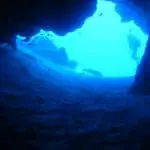
How to Get Started with Cave Diving

How to Get Started with Trimix Diving

How to Get Started with Fluorescent (UV) Night Diving
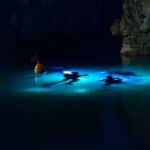
How to Get Started with Night Diving

How to Get Started with Altitude Diving
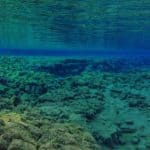
How to Get Started with Cold Water Diving
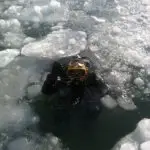
How to Get Started with Ice Diving
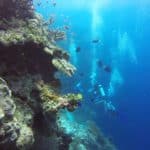
What You Should Know About Wall Diving: Tips and Tricks
If you are looking to get started with scuba diving, you should first try out snorkeling. Snorkeling is a fun and cheap way to the ocean without much investment. Just rent a snorkel, mask, and fins and you can start snorkeling without any certifications.
Scuba diving, on the other hand, requires much more equipment, knowledge, and a 4-day certification course. Beginner divers are limited to shallow depths of just 16-32 feet below sea level, but with more practice and training can reach greater depths.
Once you have more certifications, you will be able to go to more places, and of course, attempt to reach deeper depths when you dive. Generally speaking, the further down you go, the more the aquatic flora and fauna changes. Scuba diving is best done with a group, because any equipment malfunctions or accidents are deadly without anyone watching your back.

